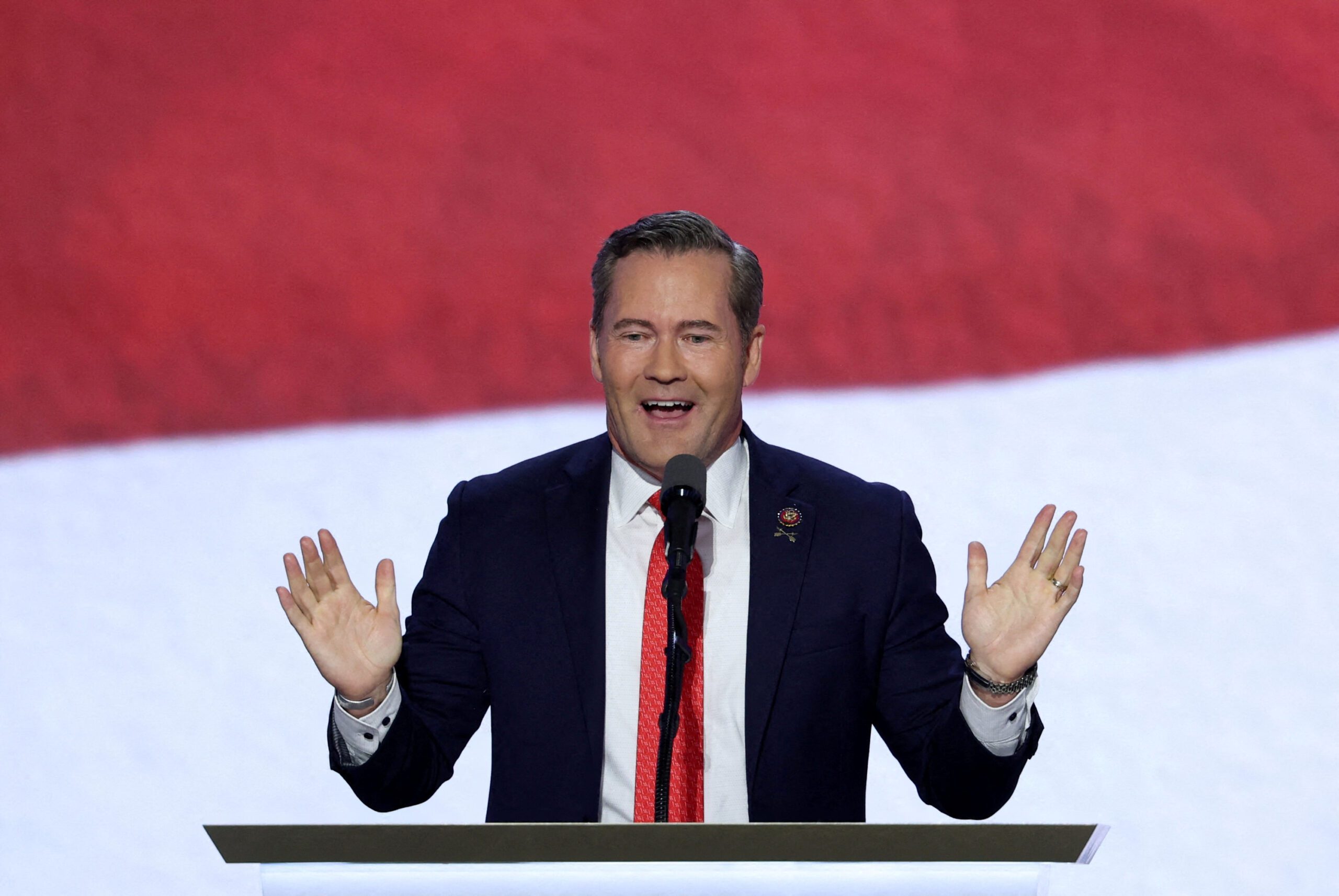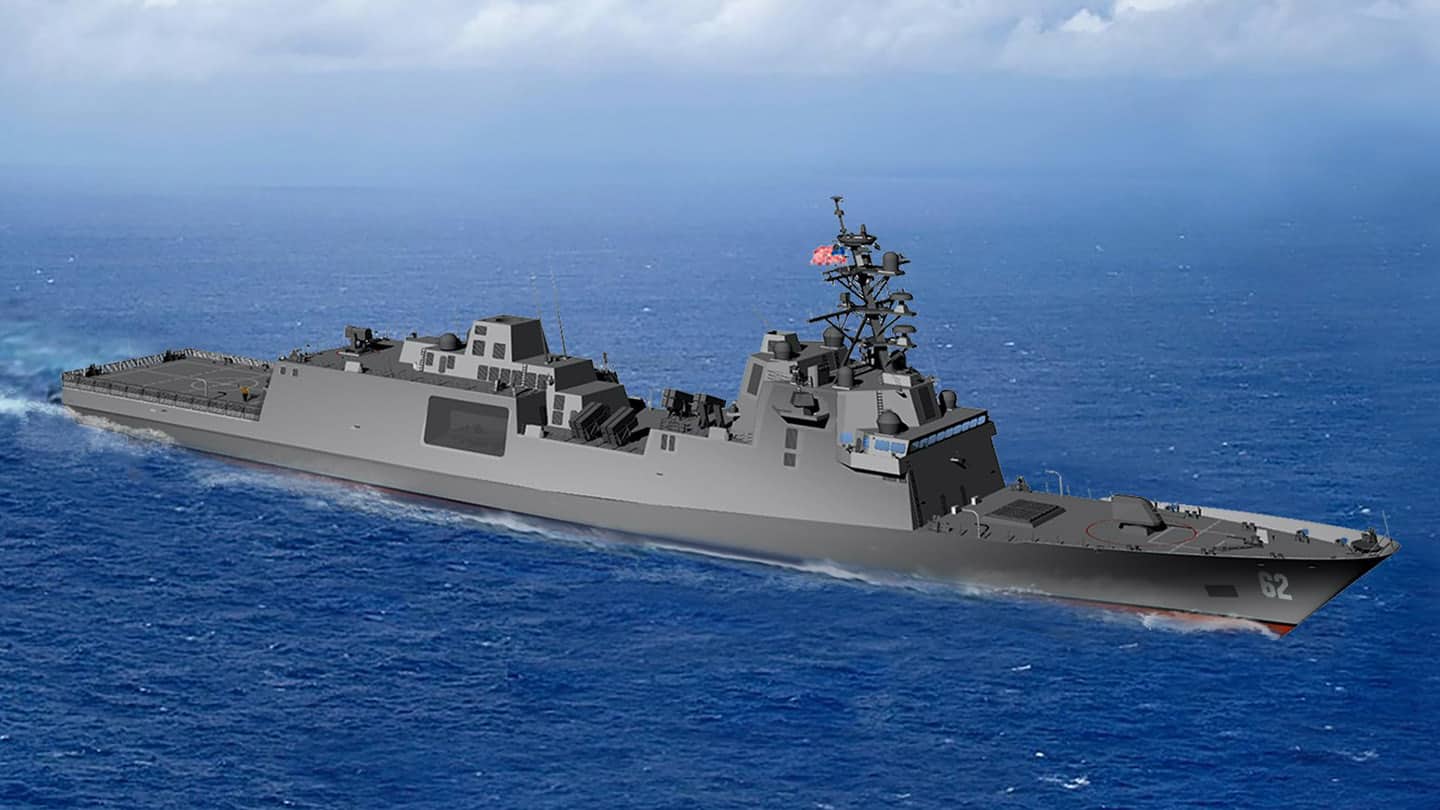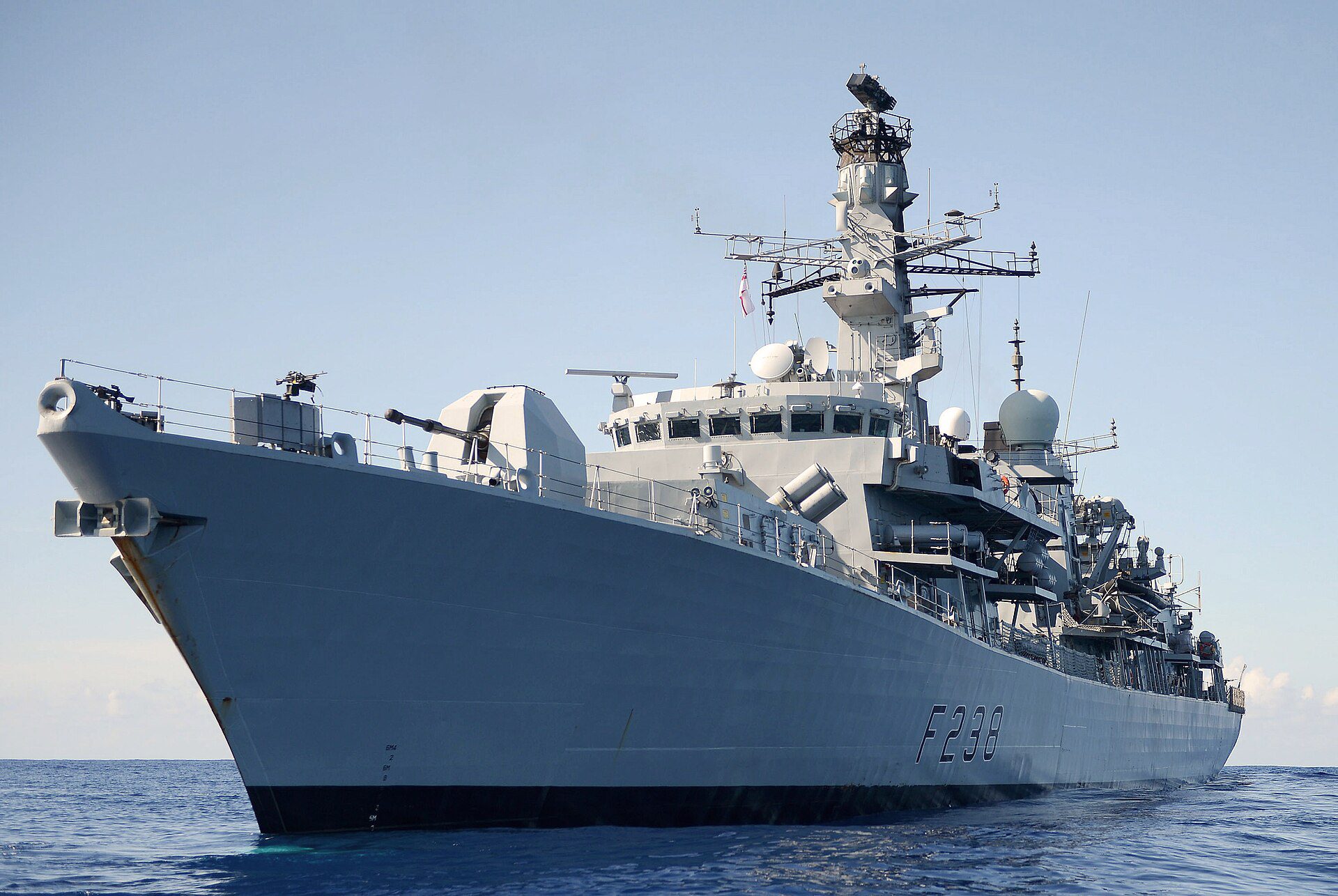by Captain John Konrad (gCaptain) American shipyards, the Merchant Marine, ports, and waterways have undeniably suffered from decades of neglect. This context explains why some American shipping experts are celebrating two of Donald Trump’s most important appointments: Mike Waltz as National Security Adviser and, allegedly, Marco Rubio as Secretary of State. Both are staunch advocates for U.S. shipbuilding, naval readiness and US flagged shipping. As sponsors of the Ships for America Act—legislation that could significantly boost the American maritime industry if passed—these selections signal a clear shift. The U.S. is now positioning itself as a serious maritime power, and could soon send a strong message to both European shipping interests and the International Maritime Organization to re-evaluate priorities like increased regulation and climate initiatives.
Filling the Leadership Gap in Maritime Policy
The path to this new agenda was shaped by key losses and strategic appointments in recent years. In 2022, the U.S. maritime industry suffered a setback with the election loss of Representative Elaine Luria from the House Armed Services Committee while Michael Gallagher stepped up to lead the China Select Committee, a notable void in shipbuilding advocacy remained. Mike Waltz, a Trump loyalist and National Guard colonel with a bestselling book on leadership, has now filled that gap. Waltz, a former Green Beret, brings a unique background and experience that aligns with Trump’s goals for America’s maritime strategy.
As National Security Adviser—a powerful role that doesn’t require Senate confirmation—Waltz will brief Trump on key issues and coordinate inter-agency efforts. Waltz secured Trump’s support early by standing with him at New York court trials and numerous campaign events. He also vocalized shared concerns about China’s increasing activity in the Asia-Pacific and emphasized the importance of U.S. preparedness for regional conflicts. Waltz has criticized the Biden administration’s handling of events like the 2021 Afghanistan withdrawal and the Gaza Pier debacle, while praising Trump’s foreign policy approach.
The Role of Maritime Policy in National Security
Why would an Army colonel like Waltz take such a deep interest in maritime issues? His motivation may be partly personal: Waltz’s wife, Julia Nesheiwat, served as Homeland Security Adviser under Trump and saw firsthand the challenges facing the U.S. Coast Guard. Additionally, the Green Berets, while equally deadly as Navy SEALs, focus more on embedding with foreign teams and coordinating with local governments—a skillset that aligns well with the diplomacy and alliance-building required in maritime policy.
According to an unconfirmed source close to Trump, Waltz turned down an offer to become Secretary of Defense, choosing instead to work in the White House. The Ships for America Act, which Waltz is championing, reflects his commitment to boosting U.S. maritime readiness in a way that complements his broader national security vision.
Bringing in Key Allies: Commander Bruce Kimbrell and Strategic Outreach
To execute this ambitious vision, in late 2022 Waltz handpicked U.S. Navy Commander Bruce Kimbrell to serve as a military liaison to Congress. Kimbrell had previously served as a special adviser to the Chief of Naval Operations, where he provided executive support to Admiral Mike Gilday on issues like force design, strategic planning, ally and partner interoperability, and risk assessment.
Kimbrell was given specific instructions: solve the shipbuilding challenges facing the U.S. Navy. Traditionally, the Navy’s approach to such issues has involved increasing funding to prime contractors—a method that does not align with Waltz’s fiscally conservative views. This approach, while easy to implement, often fails the commercial shipbuilders responsible for constructing U.S. warships, who face obstacles like planning years in advance, securing financing from Wall Street, and overcoming junk bond ratings. These builders need not just money, but a framework that allows for workforce development, investment in heavy machinery, and building costly drydocks.
Waltz pushed Kimbrell to be broad and inclusive. He sought insights from conservative naval experts like Brent Sadler and Jerry Hendrix while also engaging across the aisle with Biden’s Secretary of the Navy, Carlos Del Toro, and Senator Mark Kelly. His outreach extended beyond the Navy, drawing in Trump’s former maritime lead at the Council of Economic Advisers, USCG Commander Will Cahill, and various maritime industry experts, including myself.
With Waltz’s mentorship and unwavering support, Kimbrell began making substantial progress. I found myself volunteering hundreds of hours working with various teams and frequently traveling to D.C. to aid these efforts. What became clear was that Waltz was less interested in simply increasing Navy funding and more focused on coordinating a multi-agency, industry-wide response to the underlying problems. Throughout the process, Waltz encouraged Kimbrell to push past obstacles and connect with influential figures who could drive systemic change.
Legislative Achievements and Bipartisan Collaboration
The result of these coordinated efforts was the Congressional Guidance for a National Maritime Strategy—a detailed analysis of America’s maritime challenges and a roadmap for addressing them. Senator Marco Rubio was the first to endorse this initiative, and Waltz subsequently expanded support by bringing on Democratic allies like Senator Mark Kelly and Representative John Garamendi. With bipartisan backing, funds were quickly allocated to the U.S. Maritime Administration to develop a national strategy (a task Secretary Pete Buttigieg unfortunately distanced himself from by outsourcing to a think tank). Meanwhile, the Secretary of the Navy launched a Maritime Statecraft initiative to incentivize Wall Street and allied shipbuilders to invest in American shipyards, with provisions aimed at supporting U.S. Merchant Marine veterans.
As Kimbrell rose to become Special Adviser to the Secretary of the Navy, Waltz continued pushing forward in Congress with the Ships for America Act. This legislation is poised to be the most comprehensive maritime policy since the closure of the Merchant Marine and Fisheries Committee in the 1990s.
Power and Strategy: Why Waltz Chose the White House Over the Pentagon
Some pundits have questioned Waltz’s decision to turn down the position of Secretary of Defense, which holds the authority to authorize immediate strikes and maneuver forces. One adviser close to Waltz, however, said he understands the choice. The National Security Adviser role, while wielding less kinetic power, provides broader influence, allowing Waltz to coordinate across government agencies and build international partnerships. For a Green Beret like Waltz, who is accustomed to influence-based strategy, this position offers a unique advantage.
The Global Implications of a Revitalized U.S. Maritime Strategy
This is promising news for U.S.-flagged shipping, the Navy, Coast Guard, and Merchant Marine. However, it poses challenges for European shipping interests, which—often influenced by Asia—dominate the industry today. These international players have long observed America’s disinterested stance toward maritime regulations. For example, the U.S. remains a non-signatory to the UN Convention on the Law of the Sea, a position that leaves it holding dormant veto power within the international rules-based order it helped create. Another telling detail is the near total lack of engagement from major shipping CEOs and high-profile foreign shipping ministers with the U.S. Maritime Administration in Washington.
This landscape is likely to change under Waltz and Rubio, who have spent the past year immersed in maritime policy and are determined to put American interests first. Both men understand the United States’ untapped influence in maritime policy and have strong connections on Wall Street. Unlike previous administrations, they have shown little interest in the regulatory-heavy, climate-focused spending that has become a focal point of international shipping forums.
For foreign shipping interests, especially those investing heavily in climate change and China, the Trump administration’s willingness to use unconventional methods to reshape global trade dynamics is a major cause for concern. Yet for true allies of the United States, this shift signals a potential realignment. Waltz’s background as a Special Forces operator with maritime insight makes him ideally suited to handle sensitive trade routes, such as reopening the Red Sea.
Looking Ahead: Will the Global Shipping Industry Adapt?
The new U.S. maritime policy agenda, guided by Waltz and Rubio, reflects a pragmatic willingness to work across the aisle, as shown by their partnership with Democrats like Senator Mark Kelly. Despite the divisive tone of domestic politics, Waltz and Rubio have prioritized collaboration on maritime issues—a signal that may encourage international shipping leaders to engage with this U.S.-led strategy.
The big question remains: In the wake of recent incidents, like the highly alarming news Spain is blocking U.S. Merchant Marine ships from entering port and data suggesting companies like Maersk pouring investment funding into China, will the international shipping community adjust to the changing tide? Or will they dig in and cling to the anti-Trump rhetoric that prevails at shipping conferences today?
Shipping leaders should proactively engage with Washington and invite American policy insiders like Mike Schuler, Samuel Byers, Brent Sadler, Jerry Hendrix, James Smith, Hunter Stires and Sal Mercogliano to global events. While Waltz and Rubio will likely prioritize domestic issues such as border security initially—giving European leaders time to adjust—the industry has a window to understand U.S. interests better. However, some changes—like a review of perceived anti-American policies at the International Maritime Organization—could come swiftly. The shipping industry should brace for a significant shift. Long favoring stability, climate-centered agendas and a welcoming attitude towards China, the industry will likely find its values at odds with a more assertive, U.S.-first maritime policy approach.
Read Next: Op-Ed: U.S. Merchant Mariner Shortage Demands Action Now by Bruce Kimbrell
Sign up for our newsletter

 Join The Club
Join The Club











